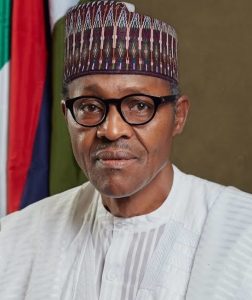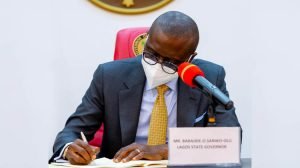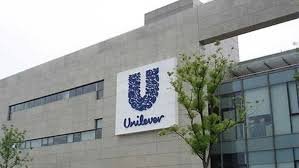
By Habibat Aliu
The Centre for the Promotion of Private Enterprise (CPPE) has advised the next administration to set up a transition committee on the economy as a necessary action plan to breathe life into the ailing economy.
The group also urged the administration to establish a quality economic governance framework “consistent with tested economic principles and empirical evidence” as a matter of priority. This, it advised, should be anchored on the socio-economic peculiarities of the country.
“This is critical from the onset of the administration for signaling and investors’ confidence. A good economic governance framework would entail the following: setting up a transition committee on the economy to come up with propositions of what needs to be done differently and ensure the delivery of quick wins in the first month of the administration,” a document detailing agenda for the next administration and signed by its Director-General, Dr. Muda Yusuf, stated.
Within the economic governance framework, it recommends, there is a need for a technically sound economic team to give guidance and direction on general economic policy direction, policy conceptualisation and urgent reforms to pull the economy out of the woods.
CPPE envisions an economy where there is a level playing field for all players with a transparent economic policy formulation process, a competitive economic environment with minimum monopoly dominance and expanding the role of markets for value delivery while boosting private enterprise.
“State institutions do not have the capacity to manage enterprises,” it argued while acknowledging the place of a robust monitoring and evaluation framework to regularly review the effectiveness and impact of economic policies and regulatory practices. Tested technocrats, it pointed out, should head relevant regulatory institutions that are key to building a virile economy.
The administration to be headed by Asiwaju Bola Ahmed Tinubu, will inherit an extremely fragile economy kneecapped by high debt, unsustainable debt servicing cost, weak naira, low purchasing power, an ultra-high unemployment rate among others.
With the Federal Government liabilities alone tending towards N100 trillion, the incoming administration would face a Herculean task kick-starting the process of reviving the economy.
CPPE’s advisory has tasked the administration to “prioritise macroeconomic stability with emphasis on moderating inflationary pressures, stabilising the exchange rate and boosting economic growth” as it keeps eyes on the ball of making Nigeria great.
“Reform tax regime to ensure efficiency in tax administration, reduce tax evasion and tax avoidance and eliminate multiple taxations; eliminate fuel subsidy to save an estimated N7 trillion annually; eliminate foreign exchange subsidy to unlock a minimum of N3 trillion revenue annually from the sale of the Central Bank of Nigeria (CBN) forex to the official foreign exchange window and unlock more income from revenue generating agencies through enhanced efficiency of their operations,” it started.
It also called for urgent initiation of budget reforms to ensure fiscal discipline, curb budget padding, stop duplication of projects and review the service-wide votes to ensure transparency.
The economic think tank is looking at a broad foreign exchange market reform that would reduce the huge arbitrage in the market and improve transparency in the allocation process and ultimately unlock inflows of capital into the economy.
The CBN is at the centre of reform recommendations made by local and international bodies in recent years. With FX market arbitrage reaching 100 per cent last year, the World Bank and the International Monetary Fund (IMF) warned that a reform that would usher in the market reflective exchange rate would be required to achieve stability in the market.
Responding to Tinubu’s victory in the recent presidential election, a professor of applied economics, Godwin Owoh, said a reform that addresses the glitches in the management of the CBN would address the country’s macroeconomic challenges by over 50 per cent.
Owoh said the onus is on Tinubu to engage “technically-competent people” to address the challenges facing Nigeria. He was optimistic that a great Nigeria is achievable if the next administration would explore available options dispassionately.
The management of premium motor spirit (PMS) subsidy removal is considered by many as the first litmus test of the capacity and preparedness of the incoming president to provide the much-needed quality leadership.
For CPPE, the administration would need to “demonstrate unmistakable commitment to the implementation of the Petroleum Industry Act” to attract more investment into the oil and gas sector and remove petrol subsidy “with minimum shocks to the economy and the citizens”.








